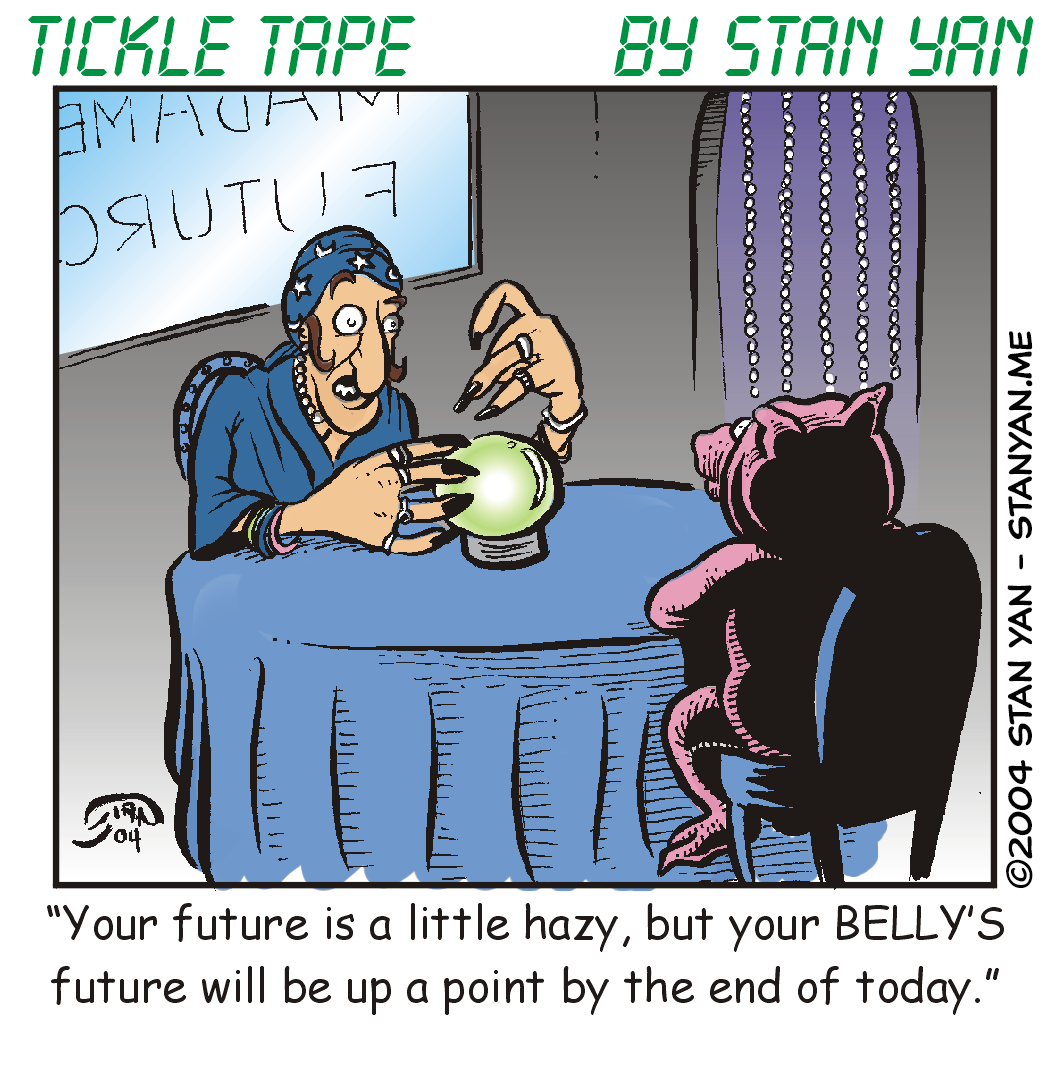The prominent psychologist Dr. Julian Rotter noted that there are basically two ways to understand and interpret events in one’s life: One can attribute the cause of events to internal forces, such as hard work, talent, or ability, or one can attribute the cause to external forces, such as luck or fate. When one looks for internal forces, one tends to take full and complete responsibility for an outcome. For example, one may say, “I made a profit on the trade because I prepared properly, waited for the right signals, and traded my plan.” That’s an explanation based on internal forces.
For a winning trade, it’s easy to explain the outcome with internal forces. We have a natural tendency to build ourselves up and enhance our ego when we win, so it makes us feel good when we do well and believe it is due to our talents and skills. But what about a losing trade? When we lose, it’s also due to our talents and skills, but in this case, it may be a lack of talent and skills. Such a possibility is harder to accept. When faced with a defeat, most people suddenly switch from looking for internal forces to looking for external forces: “The market conditions changed too quickly.
The market makers are manipulating the price again. I shouldn’t have taken the advice offered by that uninformed analyst. I was unlucky.” It’s easier to find an excuse than take full responsibility when faced with a loss. It’s at these times when most of us tend to look at the world in a self-serving way, attributing our success to internal personal characteristics, but our failures to external situational causes. However, there are advantages to bucking our natural instincts and always taking full responsibility for both our triumphs and defeats: One gains a sense of power and complete control.
In a study of self-help instruction, such as the kind of psychological advice we offer in these Innerworth daily columns, it was found that participants who tended to attribute life outcomes to internal forces were more satisfied and able to use the self-help information to change their lives than people who tended to look for external explanations. They were able to more easily apply the self-help advice to their lives and felt a sense of power and mastery. Taking responsibility for one’s action allows one to gain full control of one’s life, and make significant changes.
Rather than always looking for excuses and trying to place blame on situational factors, all energy is focused on increasing performance and developing new skills. Traders who don’t take full responsibility, in contrast, tend to devote the bulk of their psychological energy to defending themselves against their mistakes. Rather than cultivating an accurate, objective view of the markets, they are easily biased because of an incessant need to protect their egos. Emphasis on external causes for setbacks makes one feel good in the short term, but it hinders performance in the long term. Over time, skills aren’t developed, and limited psychological energy is wasted on protecting one’s ego. It takes time and energy to find an external reason for failure. This time is better spent identifying one’s flaws and developing new skills to compensate for these deficits.
Taking full responsibility is difficult, especially after a losing trade. It’s hard to look at one’s faults and limitations. But in the long run, the payoff is greater than the temporary uneasiness one experiences while reviewing one’s limitations. In the end, if you look at your faults, acknowledge them, and take full responsibility, you’ll be gaining power and control. So take full responsibility and take control.

